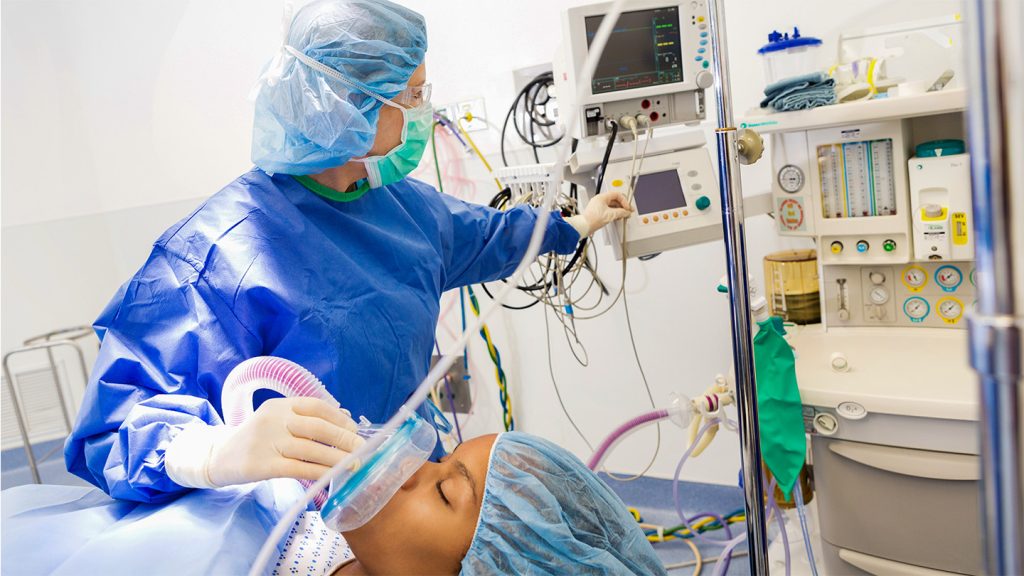The Vital Role of Anesthesiologists: Beyond Putting Patients to Sleep
The recent controversy surrounding proposed time limits on anesthesia payments highlighted the crucial, yet often overlooked, role of anesthesiologists in surgical care. These medical professionals are far more than just the individuals who administer anesthesia; they are the guardians of a patient’s physiological well-being throughout the entire surgical process, from pre-operative assessment to post-operative recovery. Anesthesiologists meticulously monitor vital signs, manage pain, and respond to any emergent situations that may arise during surgery, such as sudden drops in blood pressure or unexpected bleeding. They act as the patient’s constant companion and advocate in the operating room, ensuring their safety and comfort throughout the procedure.
The proposed time limits on anesthesia services sparked concerns among medical professionals, who argued that such restrictions could compromise patient safety by creating a rushed environment in the operating room. Surgical procedures, by nature, are variable in length, influenced by factors ranging from a patient’s individual physiology and pre-existing conditions to unexpected intraoperative discoveries. Imposing rigid time constraints ignores the inherent variability of surgical cases and potentially penalizes patients with more complex medical needs, as well as the skilled surgeons and anesthesiologists who care for them.
Anesthesiologists possess a unique skill set that enables them to manage a patient’s entire physiological state while under anesthesia. They control vital functions such as breathing, heart rate, and blood pressure, ensuring the patient remains stable throughout the operation. Their expertise in pharmacology allows them to administer precise doses of medications, fluids, and blood products, adapting to the patient’s individual needs and responding to any physiological changes that may occur. This delicate balance of maintaining stability while facilitating the surgical procedure requires constant vigilance and a deep understanding of human physiology.
Beyond their technical expertise, anesthesiologists also play a critical role in the emotional well-being of their patients. They are often the first point of contact for patients entering the operating room, a time fraught with anxiety and fear. In those crucial moments before surgery, anesthesiologists must build rapport, explain the procedure, and instill confidence in their ability to keep the patient safe. This delicate balance of empathy and clinical expertise is essential for creating a positive surgical experience for patients.
The interaction between anesthesiologists and patients extends beyond technical procedures and often involves a deep level of human connection. Anesthesiologists are present with patients during some of the most vulnerable moments of their lives, offering reassurance, comfort, and a sense of security. They understand that patients are not just medical cases but individuals with fears, concerns, and unique needs. This compassionate approach to patient care is integral to the role of anesthesiologist and often makes a profound difference in the overall surgical experience.
The anecdote of the patient needing emergency surgery for a blood clot in her lung illustrates the multifaceted nature of anesthesiology. The anesthesiologist not only expertly managed the patient’s physiological state during a high-risk procedure but also provided emotional support and comfort during a period of extreme anxiety. By recognizing the patient’s fear and offering a human connection, the anesthesiologist transformed a potentially traumatic experience into one marked by compassion and care. This combination of technical expertise and human empathy underscores the vital and often underestimated role of anesthesiologists in modern healthcare.















